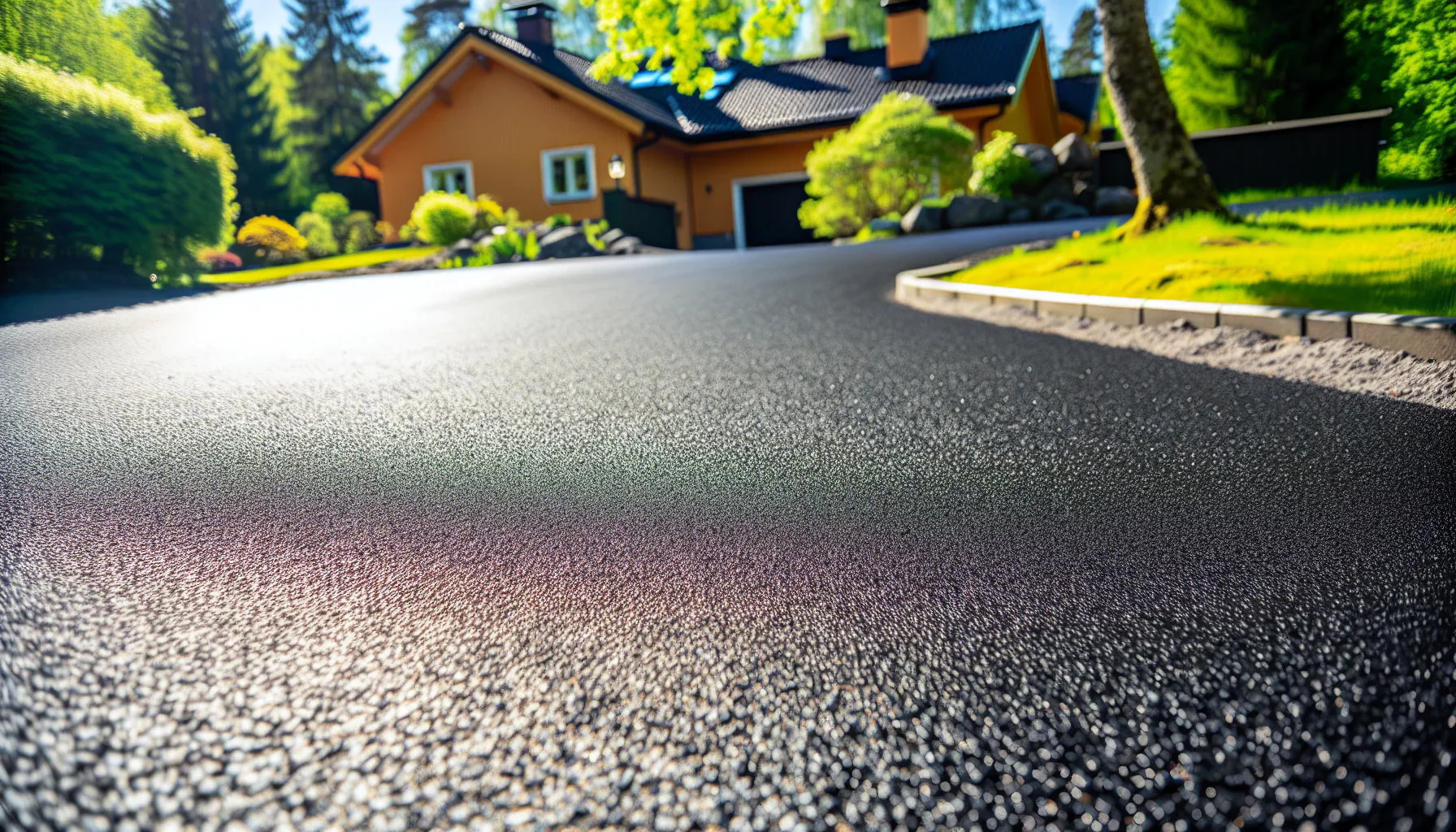Table of Contents:
- Introduction to Asphalt Pricing
- Factors Affecting Asphalt Cost
- Average Prices for Asphalt Projects
- Cost-Saving Tips for Asphalt Installation
- Comparing Quotes from Contractors
- Budgeting for Future Maintenance
Introduction to Asphalt Pricing
Navigating the complexities of asphalt paving projects necessitates a thorough understanding of the costs involved to facilitate informed decision-making. Whether your plans involve creating a new driveway, crafting a winding pathway, or extending a parking lot, anticipating the range of expenses you might incur is priceless. In the realm of asphalt paving La Porte, IN, valuable insights into cost dynamics help manage budgets with great precision and foresight, resulting in efficiently executed projects.
Asphalt costs can vary dramatically, influenced by a multitude of factors. When these factors are considered early in the planning process, homeowners and businesses find it easier to navigate the financial aspects of their projects, thereby avoiding unplanned expenditures. By understanding these elements thoroughly, stakeholders can ensure their projects align with financial expectations while achieving the desired quality and durability standards, catering to immediate and future needs.
Factors Affecting Asphalt Cost
Several critical factors shape the overall cost structure of asphalt installation projects. The type of asphalt selected, whether a basic option or one with enhanced durability features, can majorly impact your bottom line. Additionally, the thickness of the asphalt layer is an important cost determinant, as thicker layers necessitate more materials and increased labor costs. The scale of the project, covering everything from small driveways to extensive commercial lots, also plays an instrumental role in establishing cost estimates.
Market conditions, particularly oil prices, crucially affect material costs as asphalt is fundamentally a petroleum-based product. Furthermore, geographical location substantially influences costs through differing local labor rates and the availability of necessary resources. Transport costs can also introduce significant variability in areas where material suppliers are sparse or located far from the project site, adding a further challenge to accurate cost forecasting.
Average Prices for Asphalt Projects
Typically, asphalt paving costs lie between $3 to $4 per square foot, although these figures can oscillate depending on the specifics of a project and regional economic conditions. According to data from ForConstructionPros, recent increases in oil prices have led to slightly elevated expenditures, stressing the importance of staying apprised of current market conditions. This awareness is essential to understand how such fluctuations might impact the financial aspects of your paving initiatives.
Requesting detailed estimates from contractors is crucial to accurately gauge potential costs and effectively plan budgets. These estimates should encompass both materials and labor, providing a comprehensive overview. By ensuring transparency and accountability, such detailed projections minimize the risk of encountering unforeseen costs, laying a solid groundwork for financial planning and enabling effective resource allocation.
Cost-Saving Tips for Asphalt Installation
Key strategies can yield significant cost savings, enhancing affordability without sacrificing quality. For instance, scheduling your project during off-peak seasons often results in better pricing because of reduced demand for services and materials. Preparing the site before work begins can significantly decrease labor costs by facilitating smoother and quicker project execution.
Using recycled asphalt is another pragmatic cost-saving approach that aligns with sustainable practices. By reducing the demand for virgin materials, recycled asphalt offers an economical alternative that reduces environmental impact, presenting a win-win scenario for eco-conscious consumers. Exploring varying material options and leveraging strategic planning can enable you to stretch your budget further, ultimately leading to cost-effective and environmentally responsible projects.
Comparing Quotes from Contractors
Securing multiple quotes from reputable contractors is essential to ensuring you receive competitive project pricing. Careful evaluation of the work scope outlined in each quote, including specifics on materials, labor, and additional services, is integral to making well-informed decisions. By thoroughly reviewing each potential contractor’s offering, you can discern which proposal best aligns with your fiscal and project requirements.
Such diligence helps avoid unnecessary expenses and ensures that the craftsmanship meets a high standard. An informed comparison not only secures the most cost-effective solution but also guarantees quality outcomes, enhancing the project’s overall success.
Budgeting for Future Maintenance
Planning for future maintenance is pivotal in ensuring asphalt surfaces’ longevity and optimal performance. Regular upkeep, such as sealing and conducting minor repairs, serves as a preventive measure against major issues, prolonging the life of the pavement and protecting your investment. Sealing protects against environmental elements like water, UV rays, and potential oil stains, preventing surface deterioration over time.
Including maintenance costs in your initial budget planning helps circumvent unexpected future expenditures, providing peace of mind with regards to the sustainability and durability of the installation. Establishing a maintenance routine from the outset commits you to preserving the surface’s integrity, representing a financially sound decision that maximizes return on investment by safeguarding the functionality and aesthetics of your asphalt projects.

